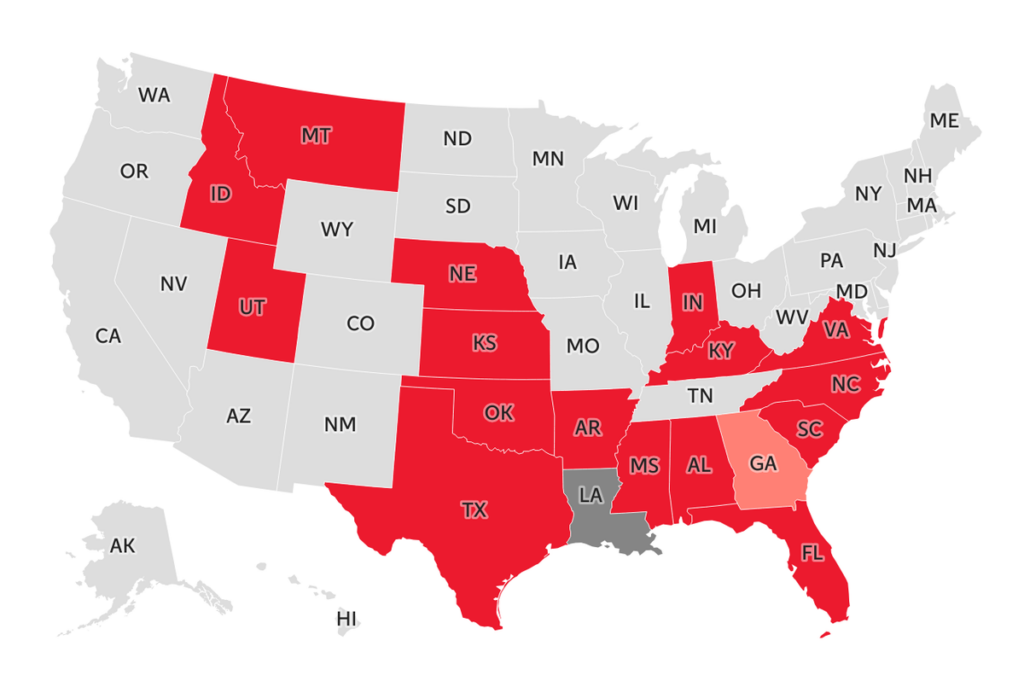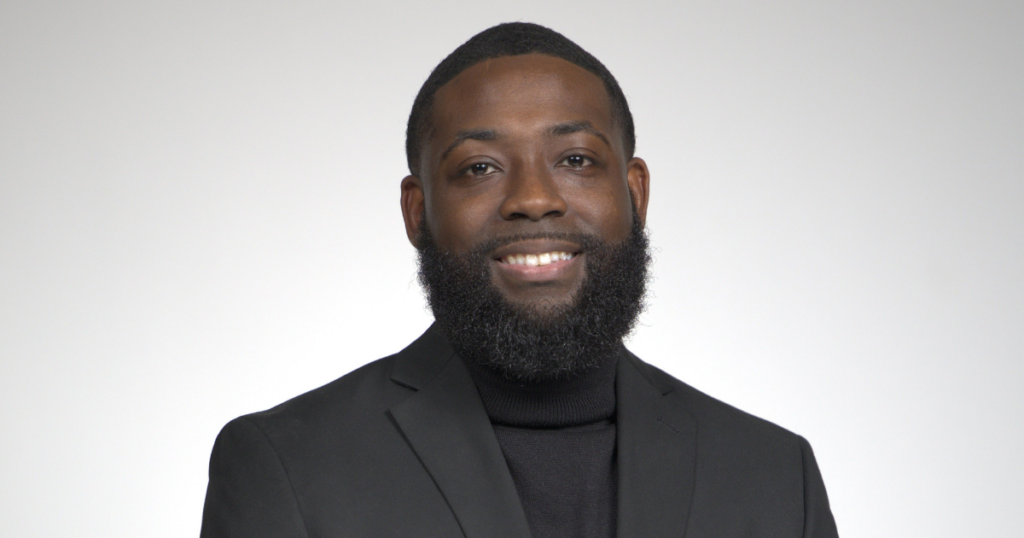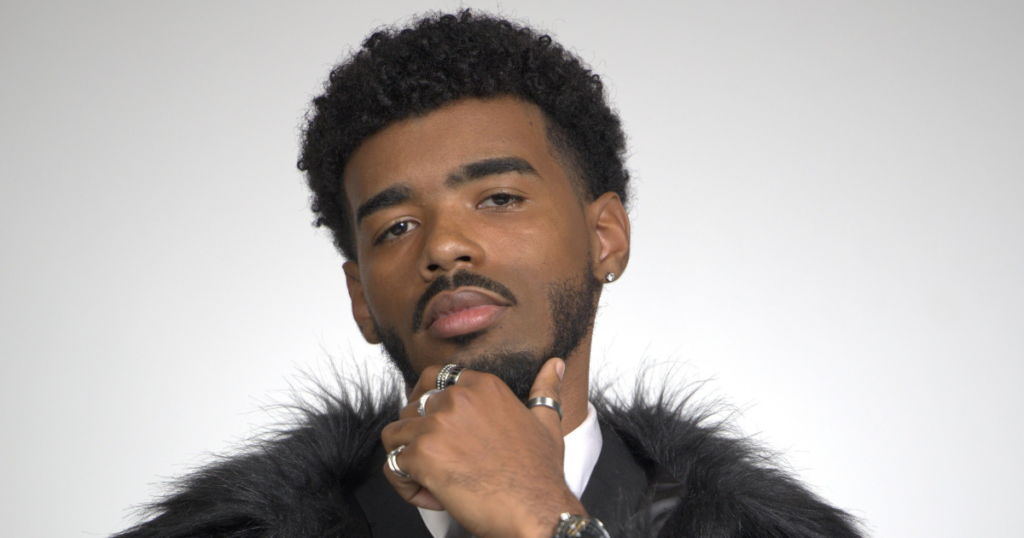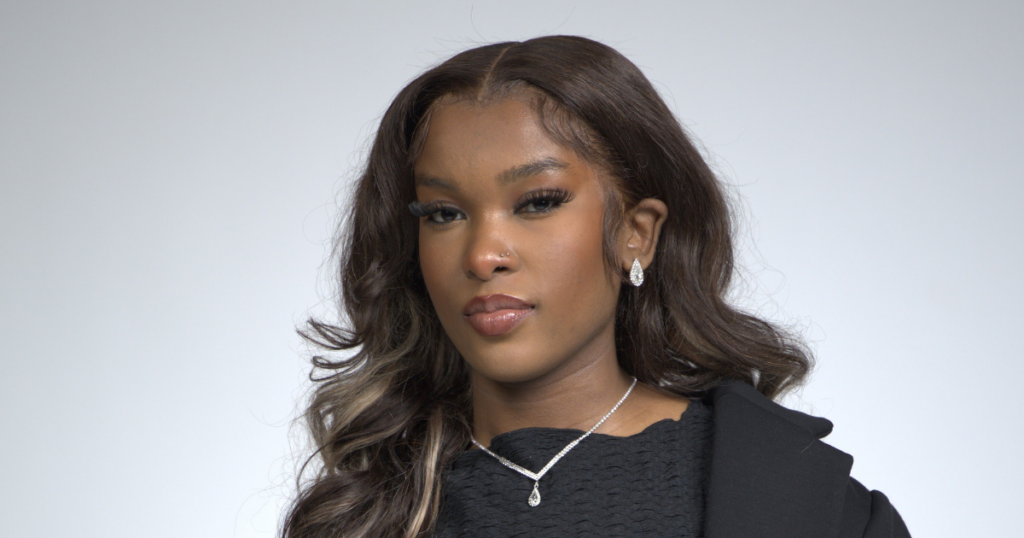On Jan. 1, Florida’s law requiring age verification to access adult websites went into effect.
This legislation adds complexity to the ongoing debate about adult content access, privacy, and protecting children. While the law’s goal is to shield minors from explicit material, it raises concerns about privacy and potential violations of freedom of speech. The key question is: how can we protect children while respecting the rights of adults?
The Purpose Behind the Law
Florida’s law is part of a larger trend across the U.S. aimed at preventing minors from accessing adult content. It requires users to provide state-approved identification, such as a driver’s license or passport, to verify their age before viewing explicit material. In January, 17 states have enacted similar laws, with Georgia expected to follow soon.
Supporters argue that this law is necessary to protect children from adult content that could harm their development. Children are exposed to the internet at younger ages, making them vulnerable to inappropriate material. However, critics argue that these measures place unnecessary burdens on adults who want to access legal sites without compromising privacy.
The Privacy and Security Concerns
Privacy remains a key issue with this law. Critics argue that requiring ID verification could expose users to security risks. The parent company of Pornhub, Aylo, has raised concerns about the potential for identity theft and cyberattacks if sensitive information like driver’s licenses or passports is collected. Although the law mandates that third-party verification services do not retain personal data, many fear that this is unrealistic, given the vulnerabilities of online systems.
The adult entertainment industry also argues that the law infringes on First Amendment rights by restricting access to legal content.
“It creates a substantial burden on adults who want to access legal sites without fear of surveillance,” said Alison Boden, executive director of the Free Speech Coalition.
Legal and Ethical Challenges
The law is already facing legal challenges. The Free Speech Coalition and other adult entertainment groups have filed lawsuits claiming that the age verification requirements violate constitutional protections, particularly free speech. These concerns highlight broader worries about government overreach into personal choices, especially regarding how adults engage with legal content. A lawsuit was filed in December 2024 contesting the law on these grounds.
Florida’s Attorney General, Ashley Moody, has vowed to defend the law in court, asserting that it’s necessary to protect children from harmful material. However, many platforms have yet to fully implement age verification measures.
In response, some residents have turned to virtual private networks (VPNs) to bypass these restrictions. Searches for “Texas VPN” surged by 1,750% after a similar ban was implemented in Texas, indicating that many users are seeking ways to maintain privacy and autonomy online.
The Psychological Effects of Early Exposure to Explicit Content
According to the American College of Pediatricians, exposure to adult content at a young age can have lasting psychological effects. Research suggests that early exposure to pornography can alter how young people understand relationships, consent, and their own sexuality.
It can also shape unrealistic expectations and increase the risk of developing unhealthy attitudes toward intimacy. These effects are often amplified if children or teens are not provided with adequate education on sexual health and the emotional consequences of early exposure.
Child Protection vs. Personal Freedom
The debate centers on finding a balance between protecting children and preserving adult freedoms. While everyone agrees that children should be protected from explicit content, the methods for achieving that goal are controversial. Age verification laws could be seen as an overreach that infringes on privacy and personal freedom. There are also fears that marginalized groups, such as transgender individuals, may face discrimination or difficulties when trying to verify their age.
This issue also shines a light on the lack of robust sexual education and online safety awareness. Instead of just focusing on age verification, a better approach might be to invest in education that teaches children and adults about responsible internet use, online privacy, and the potential mental and emotional risks associated with early exposure to explicit content.
Finding a Middle Ground
While protecting children is vital, these measures must be implemented in ways that don’t violate adult freedoms or compromise privacy. A middle ground might involve giving parents more control over content filtering and providing clear guidelines for platforms. Additionally, age verification could be implemented in more secure and transparent ways that minimize privacy risks.
Ultimately, this issue is not just about age verification or privacy. It’s about how we navigate the intersection of protection, freedom, and responsibility in a digital world that’s constantly evolving.











